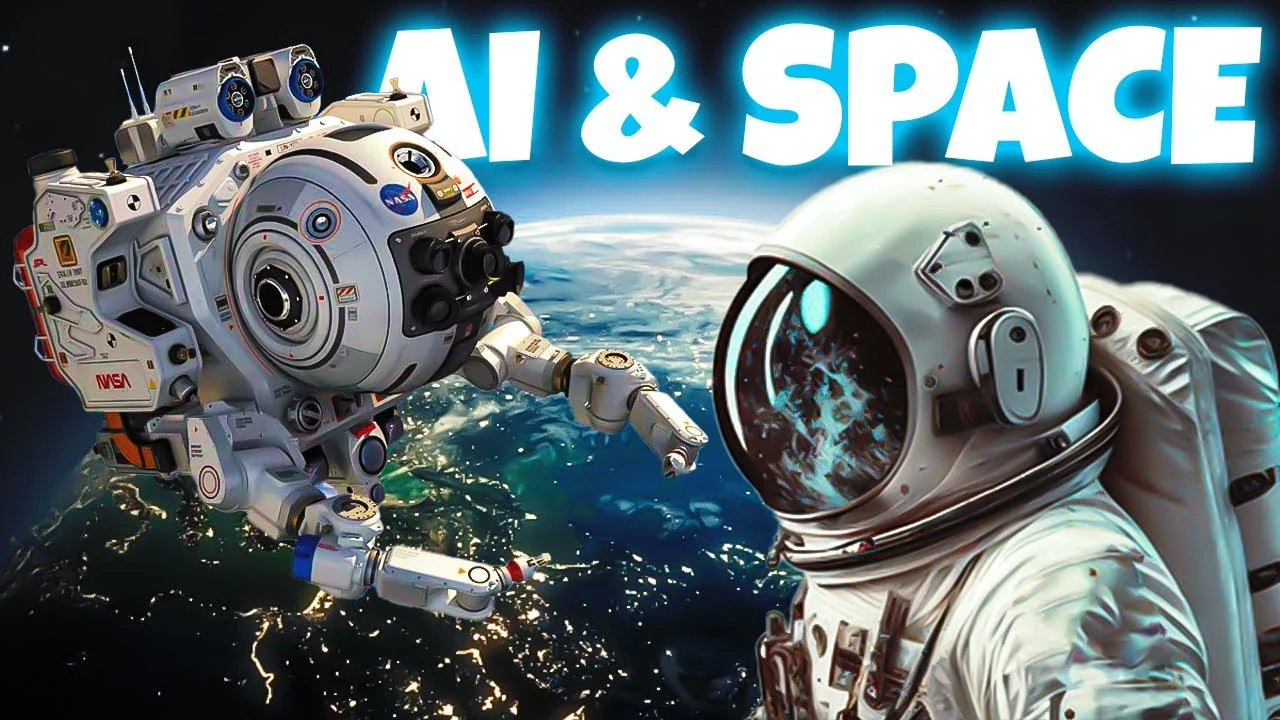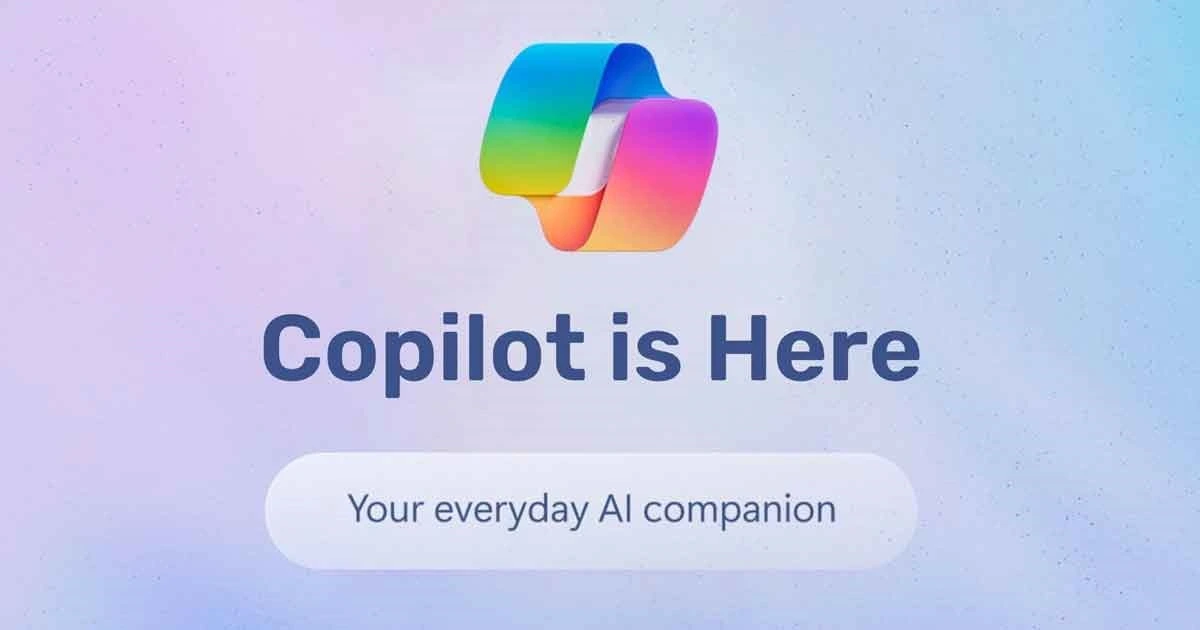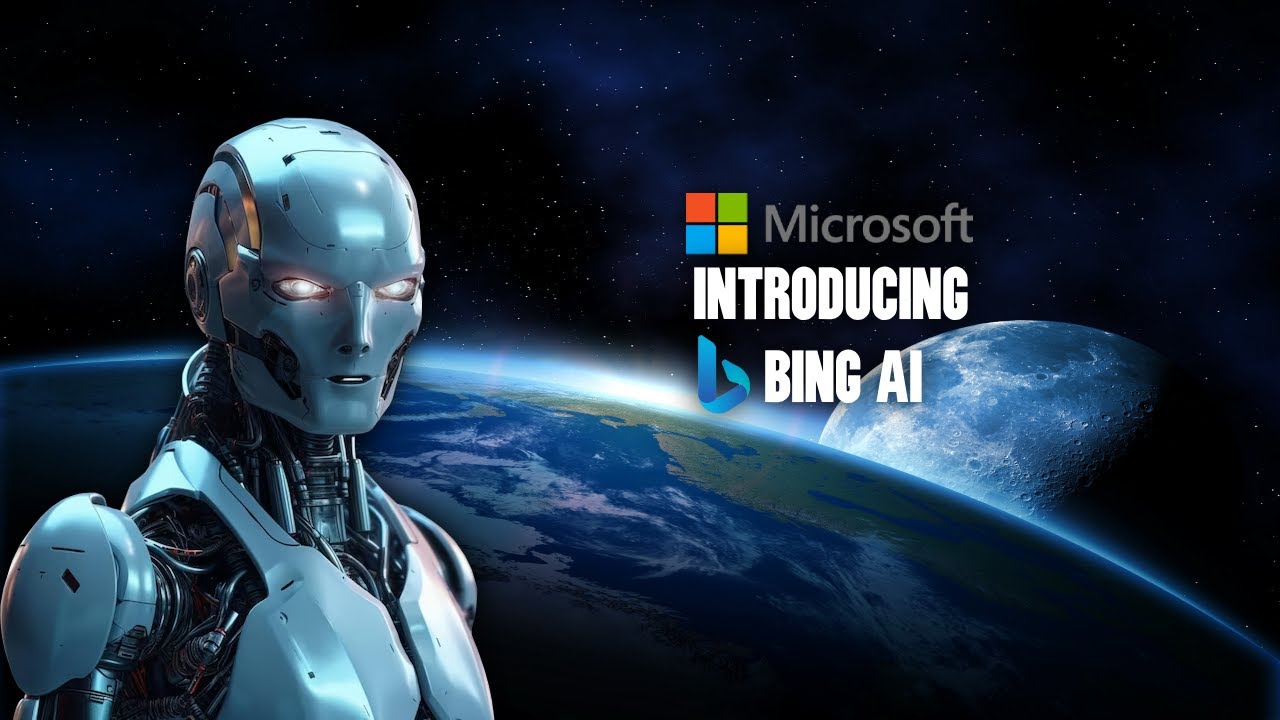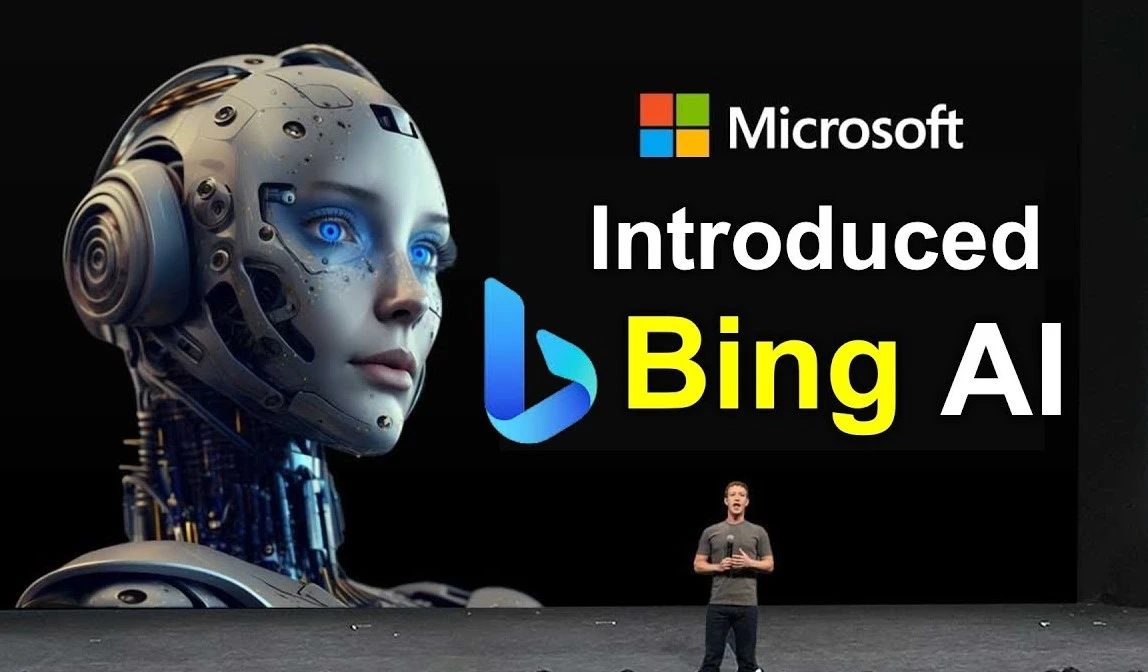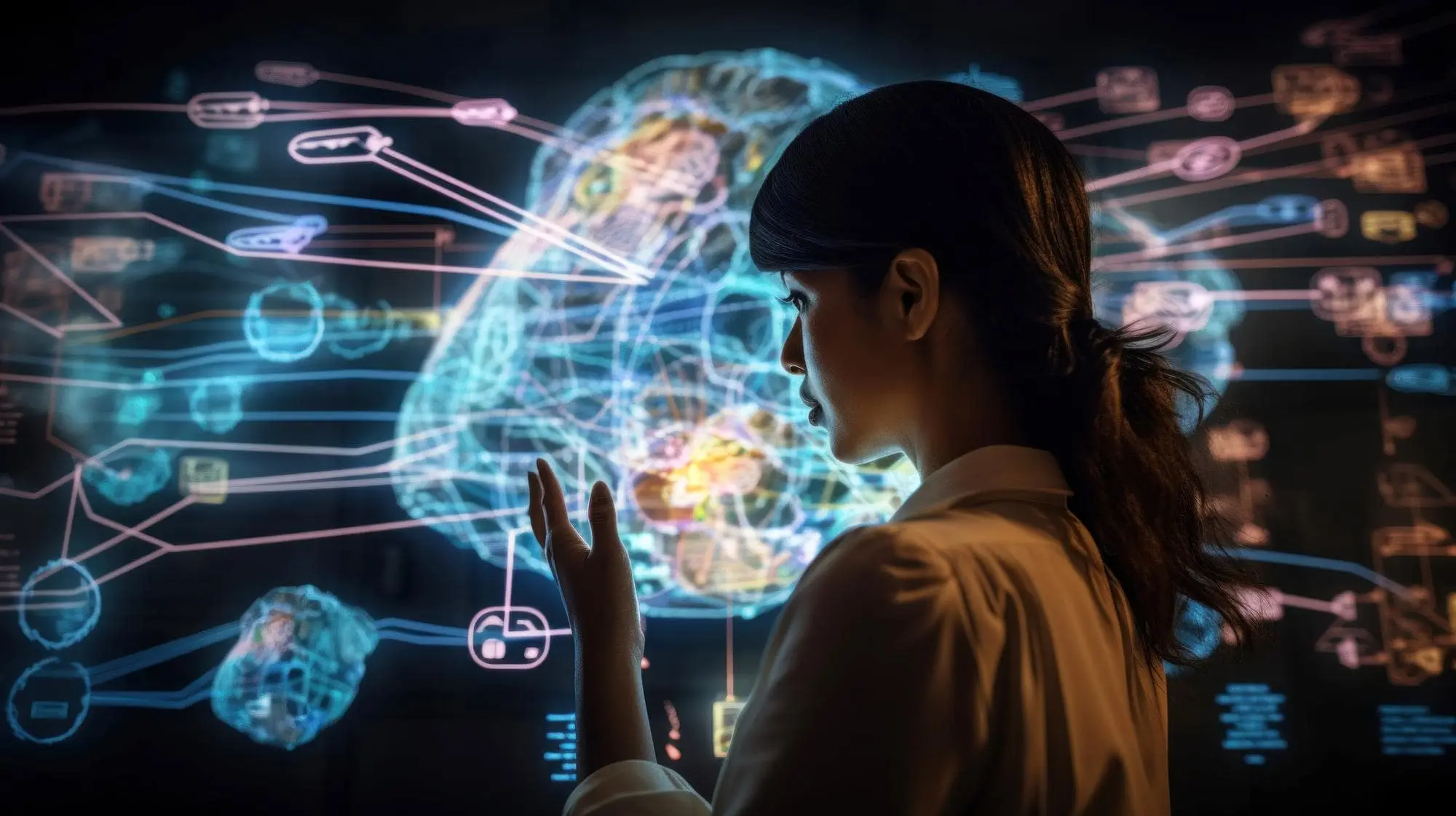
Advancements in AI Research: Microsoft has announced breakthroughs in AI research, including interactive environments like games and quantum computing.
Artificial Intelligence (AI) continues to redefine the boundaries of technology, and Microsoft is at the forefront of this revolution. With groundbreaking advancements in AI research, the company is pushing the envelope in areas such as interactive environments, gaming, and quantum computing. These innovations not only showcase the potential of AI but also pave the way for transformative applications across industries.
Artificial Intelligence (AI) research has been advancing at a breathtaking pace, reshaping industries, enhancing innovation, and unlocking new possibilities. Some key areas of development include:
Interactive Environments
AI-driven interactive environments are creating dynamic and personalized user experiences. For example:
- In gaming, AI is enabling characters to adapt and respond intelligently to player actions, making gameplay more immersive.
- In education and training, simulated environments powered by AI provide learners with hands-on experiences, preparing them for real-world challenges.
Quantum Computing
Quantum computing is revolutionizing how we approach computational problems. Recent breakthroughs include:
- Development of quantum processors, such as Microsoft’s “Majorana 1,” designed for handling complex calculations.
- Combining AI and quantum computing to accelerate fields like material science, cryptography, and climate modeling.
Natural Language Processing (NLP)
Advancements in NLP allow AI to understand, generate, and translate human language more naturally. This technology is widely used in chatbots, virtual assistants, and content creation tools.
Healthcare Innovations
AI is transforming healthcare with applications like:
- Predictive analytics for identifying potential health risks.
- AI-assisted diagnostics to detect conditions with higher accuracy and efficiency.
- Personalized treatment plans tailored to individual patient needs.
Sustainability and Climate Solutions
AI research is contributing to sustainability efforts through:
- Predictive modeling for climate change impact assessments.
- Optimization of renewable energy systems.
- Enhancements in waste management and resource conservation.
Collaboration and Accessibility
AI’s ability to bridge communication gaps is driving inclusivity. With tools for real-time language translation, voice recognition, and adaptive user interfaces, AI ensures technology is accessible to diverse populations.
Microsoft has been at the forefront of these advancements, particularly in AI for interactive environments, gaming innovation, and its integration with quantum computing. The future of AI holds incredible potential, offering solutions to some of humanity’s most complex challenges while fostering creativity, efficiency, and progress. What excites you most about these breakthroughs?
Interactive Environments: Redefining Human-AI Interaction
One of the most exciting areas of AI research is the development of interactive environments. Microsoft has been leveraging AI to create systems that can engage with users in dynamic and meaningful ways. These environments are designed to simulate real-world scenarios, enabling AI to learn and adapt through interaction.
In the realm of gaming, for instance, AI is being used to create more immersive and responsive experiences. Microsoft’s AI research teams are working on algorithms that allow non-player characters (NPCs) to exhibit human-like behavior, making games more engaging and unpredictable. These advancements are not just limited to entertainment; they have broader implications for training simulations, virtual reality (VR), and augmented reality (AR) applications.
Interactive environments powered by AI also hold promise for education and professional training. By simulating complex scenarios, these systems can provide learners with hands-on experience in a controlled setting. For example, medical students could practice surgical procedures in a virtual environment, while engineers could test designs in a simulated workspace.
AI in Gaming: A New Frontier
Gaming has always been a fertile ground for technological innovation, and AI is no exception. Microsoft’s advancements in AI are transforming the gaming landscape, making it more interactive and personalized. AI-driven game design allows developers to create adaptive gameplay experiences that respond to individual player preferences and skill levels.
One notable breakthrough is the use of reinforcement learning in game development. This technique enables AI to learn optimal strategies by interacting with the game environment. Microsoft’s research in this area has led to the creation of AI agents that can compete with human players in complex games, such as real-time strategy and multiplayer online battle arenas.
Moreover, AI is being used to enhance accessibility in gaming. Features like real-time language translation and adaptive difficulty settings ensure that games are inclusive and enjoyable for a diverse audience. These innovations highlight Microsoft’s commitment to making gaming a universal experience.
Quantum Computing: The Next Frontier
Quantum computing represents a paradigm shift in how we approach computational problems. Microsoft’s recent breakthroughs in this field are setting the stage for a new era of AI research. By harnessing the principles of quantum mechanics, quantum computers can solve problems that are currently intractable for classical systems.
One of Microsoft’s most significant achievements is the development of the “Majorana 1,” the world’s first quantum processor powered by topological qubits. This processor marks a transformative leap toward practical quantum computing, offering unprecedented scalability and reliability. The Majorana 1 is designed to handle complex computations, such as optimizing supply chains, simulating molecular interactions, and advancing cryptography.
Quantum computing also has profound implications for AI. The ability to process vast amounts of data at unprecedented speeds could accelerate the training of AI models, enabling breakthroughs in areas like natural language processing, computer vision, and autonomous systems. Microsoft’s advancements in quantum computing are laying the groundwork for a future where AI and quantum technologies work in tandem to solve some of humanity’s most pressing challenges.
The Broader Impact of Microsoft’s AI Research
Microsoft’s advancements in AI research are not just about technological innovation; they are about creating meaningful impact. By focusing on areas like interactive environments, gaming, and quantum computing, the company is addressing real-world problems and opening up new possibilities for industries and individuals alike.
For instance, AI-driven interactive environments can revolutionize education, healthcare, and workforce training. Quantum computing has the potential to accelerate scientific discovery, from developing new materials to understanding the complexities of climate change. In gaming, AI is making experiences more inclusive and engaging, fostering a sense of community among players.
Conclusion
Microsoft’s breakthroughs in AI research are a testament to the transformative power of technology. By pushing the boundaries of what is possible, the company is not only advancing the field of AI but also creating opportunities for innovation across various domains. From interactive environments and gaming to quantum computing, Microsoft’s contributions are shaping the future of technology and its role in society.
As we look ahead, the integration of AI into our daily lives will continue to grow, driven by the pioneering efforts of companies like Microsoft. These advancements remind us that the true potential of AI lies not just in its capabilities but in its ability to empower people and solve complex challenges. The future of AI is bright, and Microsoft’s research is lighting the way.

